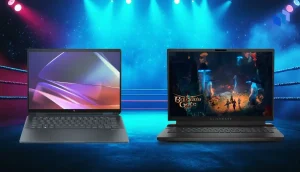What Does I/O Virtualization Mean?
I/O virtualization technology allows a single physical adapter to be visualized as multiple virtual network interface cards (vNICs) and virtual host bus adapters(vHBAs). Both vNICs and vHBAs function like any other NIC and HBA card installed on the server. They work with the existing operating systems, Hypervisor and applications. The identity of the virtual cards are not disclosed to the networking resources such as LAN and SAN and continue to appear as normal cards.
Techopedia Explains I/O Virtualization
I/O virtualization addresses various problems related to performance bottlenecks. Virtual I/O machines that consists of Quality of service (QoS) controls can assign I/O bandwidth to a particluar virtual device thereby allowing critical applications to deliver better performance.
Some of the major advantages of I/O Virtualization are listed below:
- Flexibilty: Since I/O virtualization involves abstracting the upper layer protocols from the underlying physical connections, it offers greater flexibilty, utilization and faster provisioning in comparison with normal NIC and HBA cards.
- cost minimization: I/O virtualization methodology involoves using fewer cables, cards and switch ports without compromising on network I/O performance.
- Increased density: I/O virtualization increases the practical density of I/O by allowing more connections to exist in a given space.
- Minimizing cables: The I/O virtualization helps to reduce the multiple cables needed to connect servers to storage and network.








